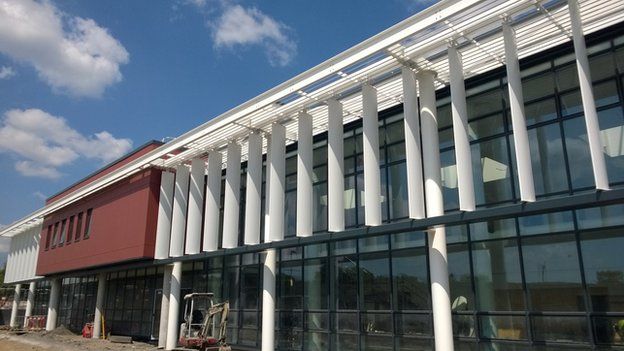525 - Lessons from Lockdown: An Audit of the Effect of Covid19 on Record Keeping in the CDS
S Ghafoor
Presented by: Saiba Ghafoor
St. David's Hospital
Introduction: In the CDS, many patients have complex medical and social histories, which must be recorded in accurate clinical notes in order for patients to be treated safely and effectively. Practice changed greatly due to the Covid19 pandemic, with no routine care taking place and patients being triaged and often treated remotely. Aim: The aim of this audit was to assess the quality of clinical record keeping, in relation to Covid19. Methods: Data for the audit cycle was collected in July 2020. Records from 10 emergency appointments over at least 5 different days were randomly selected from each of the 8 dentists. I assessed the quality of clinical record keeping against 8 parameters for remote patients and 9 parameters for face-to-face patients, with 6 out of 8, or 7 out of 9 parameters needing to be met to be deemed acceptable. The standard was set at 90% of records to be acceptable. Results: Only 55% of records were deemed acceptable, which is was below the 90% standard set. 3 of the dentists met the 90% standard individually. Record keeping was audited previously at this site between October 2019 and January 2020, where an improvement from 60% to 80% acceptable records was seen. This audit showed that the standard was still not being met, so the results were disseminated and a new Covid19 triaging template created on ‘SOEL,’ which included the parameters being assessed. Re-audit is on going to assess if this improved record keeping. Conclusion: This audit had some modified parameters in comparison to the previous audit cycles to account for the circumstances of remote triaging for emergency patients only, in line with guidance for Covid19 record keeping. However, on the whole, this audit shows that record keeping deteriorated significantly, which is likely reflective of the unique pressure the CDS was under and the unprecedented nature of the situation.
Consent Statement: There are no details on individual patients reported within the abstract.
Poster








